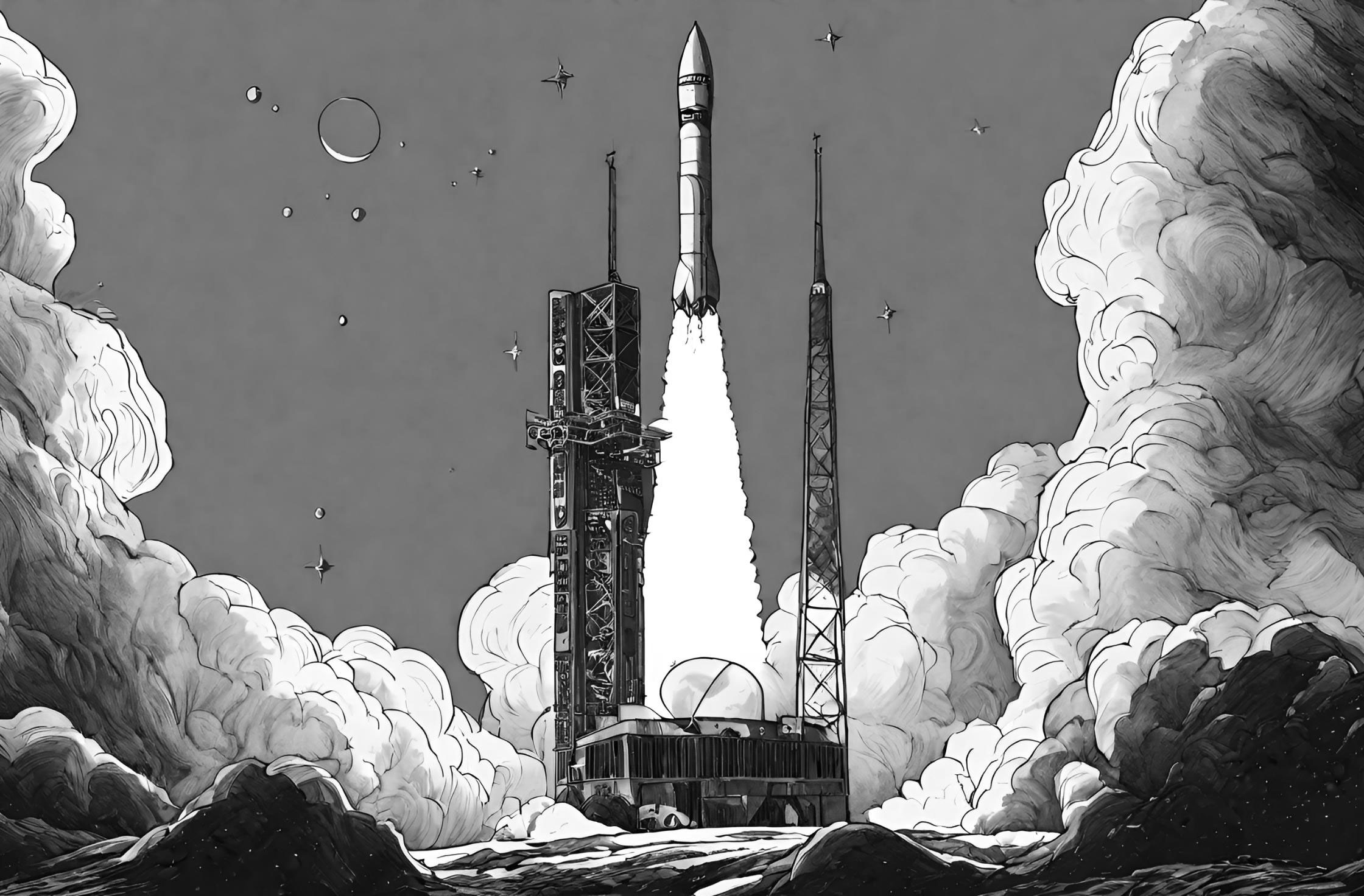Flashback to October 27
World History

Notable tensions escalated along the China-Indian border, particularly on the 9th of September, 1965 when China made a pivotal announcement to reinforce its troops near the contested areas. This historical event marked another chapter in the China-India border dispute, underlining the geo-political complexities, strategic implications, and diplomatic challenges for both nations.
The China-India border dispute stretches along an extensive terrain, enveloped by towering mountains and vast deserts. Thus the move by China (in 1965) to strengthen its military presence near this disputed territory was a significant undertaking. By analyzing the potential reasons for this military escalation, one can delve into the political repercussions and strategic dimensions associated with it.
The primary reason often taken into account is China’s strategy to assert its territorial claims and extend its influence across the Asia-Pacific region. By reinforcing its troops, China aimed to establish a firmer hold over contested areas along the India-China border. Strategically, this military bolstering served as a demonstration of China’s preparedness to respond to any perceived territorial infringements.
However, India viewed China’s military build-up with concern, interpreting it as a sign of aggression, prompting calls for enhanced diplomatic dialogue. The Indian government insisted on maintaining the peaceful status quo and emphasised its desire for a peaceful resolution to the disputes over the border.
India’s long-standing policy of non-violence and peaceful negotiations was put to the ultimate test in response to China’s troop reinforcement. This move would have inevitably borne significant implications for India’s national security, leading to a significant shift in their national defense strategies and necessitating an increased focus on their border security. This marked a new phase in the strategic relationship between the two countries and the regional politics of Southeast Asia.
Notably, the announcement by China also attracted global attention, particularly from Western powers and neighbouring countries. The United States, for instance, was quick to react to the escalating tensions, calling for restraint and peaceful settlement of the territorial disputes. The international community remained watchful of the unfolding situation, concerned about the potential impact on regional stability and global peace.
This event stirred worldwide discourse on international law and territorial sovereignty. It became a stretched contention in international politics, with nations divided over their stance regarding China’s actions. On one hand, some countries viewed China’s move as an assertion of its legitimate territorial rights, while others saw it as a blatant show of power and territorial expansion.
Possessing vast economic potential and substantial populations, the China-India border dispute’s influence extends beyond regional politics into the realms of global economics and societal relations. The event in 1965 therefore did not only signify a military action; it paved the way for decades of detailed discussions on conflict resolution, policing international borders, and the delicate balance of power in Southeast Asia.
Understanding the far-reaching implications of China’s decision to reinforce its troops along the Indian border in 1965 is key to understanding the current dynamics of the China-India relationship. It continues to shape the relations and interactions between the two nations, influencing their diplomatic, strategic, and economic ties and setting the cornerstone for several bilateral agreements and negotiations.
In essence, the announcement by China on the 9th of September, 1965, created a significant turning point in the history of the China-India border dispute. It forced both nations to reconsider their border policies and defense strategies, affecting their domestic politics, international relations, and broader regional geopolitics. Though the situation has evolved significantly since 1965, the event holds much relevance today, given the continuing strategic tensions and diplomatic intricacies surrounding the China-India border dispute.
We strive for accuracy. If you see something that doesn't look right, click here to contact us!
Sponsored Content

Iran launches its first…
Marking a momentous achievement…

South Korean voters overwhelmingly…
On October 27, 1987,…

China announces its population…
On October 27th, 1982,…

LTopold STdar Senghor founds…
On October 27, 1948,…

The Soviet submarine U…
On October 27, 1981,…

Outer Mongolia and Mauritania…
On October 27, 1961,…

